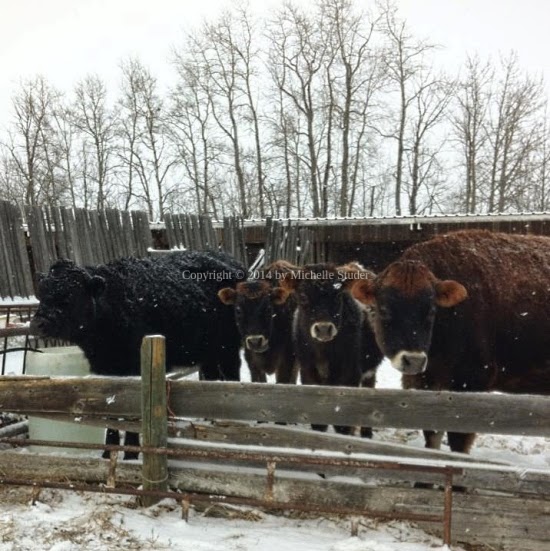Sacred Cows and Herd Mentality
This post has two featured articles on a related topic from the same source. Give a listen to the music at the end of this post, too.
First, secular "peer review" process has some serious flaws, especially regarding origins science. Creationists often receive glib comments of the woefully uninformed that resemble: "Get your creationist nonsense peer reviewed and then maybe I'll read it". Although creationists do have peer review, people making comments like that are implying that creationists should subject their material refuting evolution to the secular process.
Peer review is a good idea and many people work hard to keep up the standards, however, it is time-consuming and expensive. But there is also bad science, recalled papers, bias and fraud — especially when trying to prove evolution with the sacred cow of peer review. The first featured article discusses that some are saying that peer review as we know it is more trouble than it's worth, and should be scrapped.
Glad you made it back. The second article points out that scientists are people (like we've been saying for years). They have the same failings as us regular folks, and sometimes more because of their pressure-to-perform environment, the pressures of their peers, locked into their presuppositions, bowing to sacred cows of science and sometimes acting like herded cattle themselves.
First, secular "peer review" process has some serious flaws, especially regarding origins science. Creationists often receive glib comments of the woefully uninformed that resemble: "Get your creationist nonsense peer reviewed and then maybe I'll read it". Although creationists do have peer review, people making comments like that are implying that creationists should subject their material refuting evolution to the secular process.
 |
| Picture furnished by Michelle Studer |
It has been a criterion of science, but peer review is loaded with problems and probably should be replaced.You can finish reading "Scientists Want to Toss Peer Review". We'll wait for you to come back for the second featured article, below.
Two UK professors, writing in The Conversation, ask: if Einstein didn’t need or like peer review, why should we? In many debates about the defining criteria of science, peer review is held up as a prerequisite. But science got by just fine without it for centuries. It’s a relatively recent invention, say Andre Spicer and Thomas Roulet in their essay.
Glad you made it back. The second article points out that scientists are people (like we've been saying for years). They have the same failings as us regular folks, and sometimes more because of their pressure-to-perform environment, the pressures of their peers, locked into their presuppositions, bowing to sacred cows of science and sometimes acting like herded cattle themselves.
A science reporter lists several reasons why scientists are about as trustworthy as bankers.
The Science and Technology Editor at The Conversation, Akshat Rathi, should know about scientists. Not only does he hold that prestigious editorial position, he has a PhD in organic chemistry from Oxford University as well as a Bachelor of Technology in chemical engineering from the Institute of Chemical Technology in Mumbai. Rathi doesn’t trust the opinions of scientists to be right any more than he trusts other fallible professionals, judging from his latest column on The Conversation, entitled, “Scientists falter as much as bankers in pursuit of answers.” He also has help from a Nature article that found serious flaws in that paean of scientific reliability, peer review:To see what the beef is about, read the rest at "Science Reporter Says Scientists Are Like Cattle".